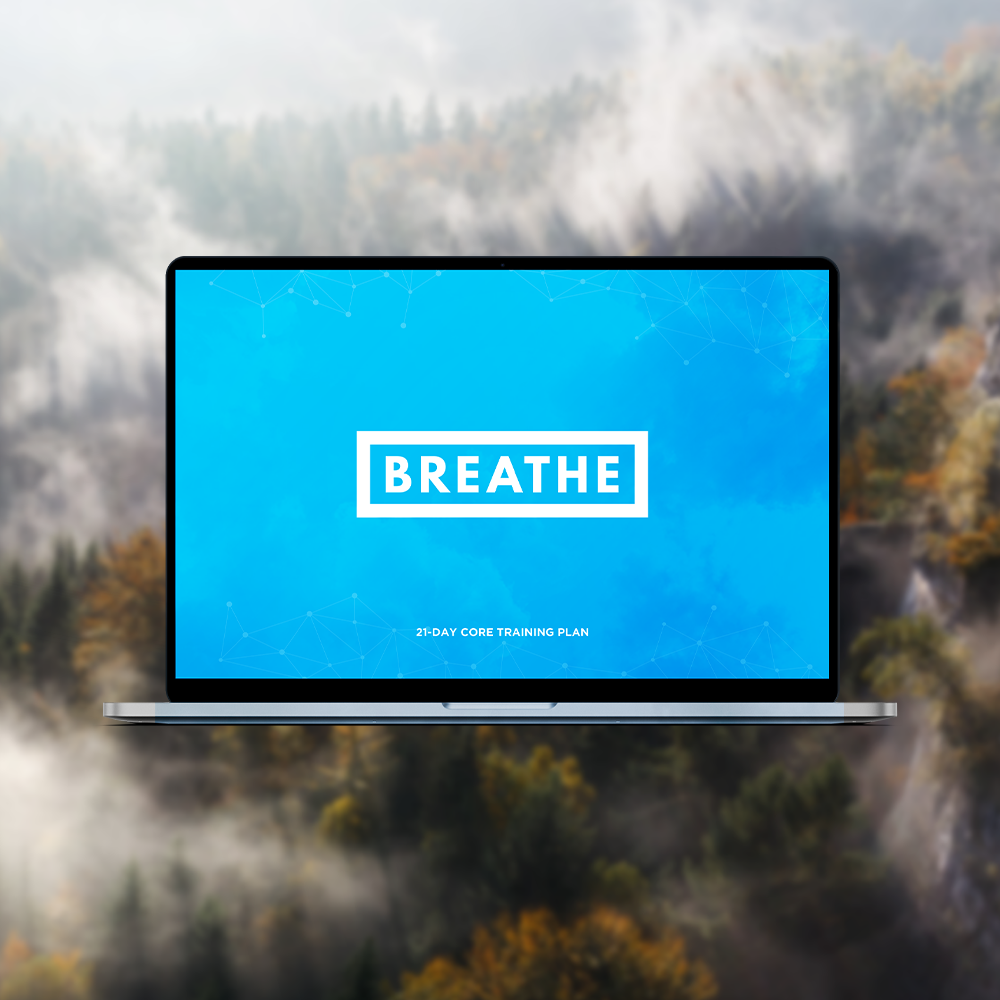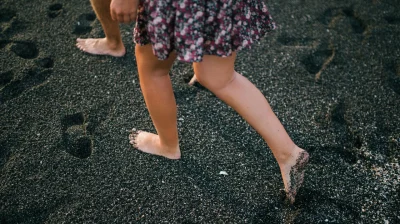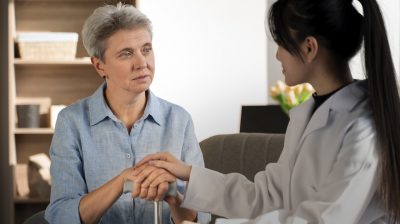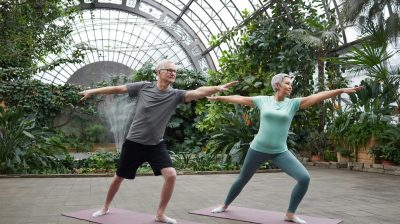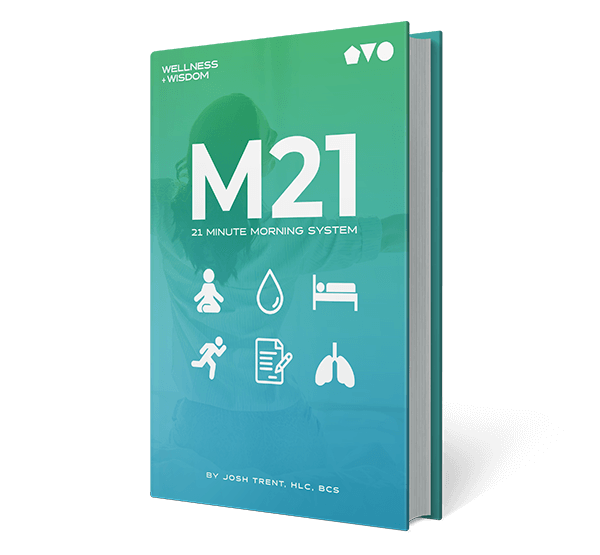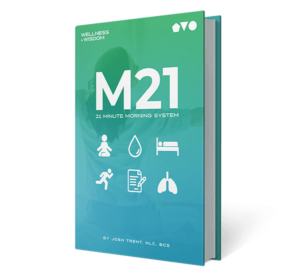 Public health education plays a crucial role in enhancing community well-being by blending healthcare knowledge with actions that empower communities. It provides essential knowledge, skills, and resources for informed health decisions and healthier living environments. Utilizing preventive care, engaging communication, and community involvement, public health education seeks to lessen disease impact, increase life expectancy, and boost life quality. Its importance has been highlighted by recent global health challenges, which have shown the critical need for knowledgeable and resilient communities. Delving into public health education's core functions reveals strategies to amplify its positive effects on community health and well-being.
Public health education plays a crucial role in enhancing community well-being by blending healthcare knowledge with actions that empower communities. It provides essential knowledge, skills, and resources for informed health decisions and healthier living environments. Utilizing preventive care, engaging communication, and community involvement, public health education seeks to lessen disease impact, increase life expectancy, and boost life quality. Its importance has been highlighted by recent global health challenges, which have shown the critical need for knowledgeable and resilient communities. Delving into public health education's core functions reveals strategies to amplify its positive effects on community health and well-being.
1. Emphasize Preventative Care
At the heart of public health education lies the principle of preventative care. By prioritizing education on preventive measures, such as vaccinations, regular health screenings, and the adoption of healthy lifestyle habits, communities can significantly reduce the prevalence of chronic diseases and other health conditions. Preventative care education encourages individuals to take proactive steps in managing their health, potentially averting the onset of disease and reducing the need for extensive medical interventions.
2. Leverage Technology and Online Platforms
The digital revolution has significantly enhanced the scope and accessibility of public health education, making it a powerful tool in promoting community well-being. By leveraging technology and online platforms, educators are able to reach wider audiences, overcoming traditional barriers related to geography and socioeconomic status. Interactive campaigns, workshops, and a wealth of digital resources allow for the delivery of health education in an engaging and personalized manner.
This approach not only broadens the impact of public health education but also ensures continuous access to crucial health information, empowering individuals to engage with educational content on their own terms. To further enrich their ability to work effectively within communities and promote the well-being of all, many educators go for an online Masters in Public Health. This advanced education enables them to enhance their public health practice knowledge and skills, all while managing their other work commitments, thereby maximizing their contribution to the field and the communities they serve.
3. Foster Community Engagement
The success of public health initiatives is deeply rooted in the active engagement of the communities they serve. By involving community members in the development, execution, and evaluation of health education programs, these initiatives gain relevance and effectiveness. Engaging with the community ensures that health education efforts are directly aligned with the unique needs and preferences of the population, leading to higher participation rates and more meaningful outcomes. Collaborations with local leaders, organizations, and residents create a sense of ownership and investment in public health goals, strengthening the collective commitment to improving community health. Moreover, fostering community engagement provides valuable feedback, allowing public health educators to refine their approaches and address any emerging health concerns promptly.
4. Address Health Disparities
A significant challenge in public health is the existence of health disparities across different segments of the population. These disparities often arise from socioeconomic, racial, or geographical differences, leading to unequal access to healthcare services, information, and opportunities for healthy living. Public health education plays a crucial role in bridging these gaps by tailoring health messages and interventions to meet the specific needs of underrepresented or disadvantaged groups. By focusing on the social determinants of health, public health educators can develop programs that address the root causes of health disparities, ensuring that all community members have the opportunity to achieve optimal health. This targeted approach not only promotes equity but also strengthens the overall health infrastructure by ensuring that no one is left behind.
5. Promote Mental Health Awareness
Mental health is an often overlooked but essential component of public health education. In today's fast-paced and stress-laden society, raising awareness about mental health issues, destigmatizing mental illness, and providing accessible resources for support are critical. Public health education initiatives that include mental health as a key focus contribute to a more holistic understanding of well-being, recognizing that mental and physical health are interdependent. By incorporating mental health awareness into public health programs, educators can encourage individuals to seek help when needed, fostering a community environment where mental well-being is prioritized alongside physical health.
6. Cultivate Health Literacy
The ability to understand and use health information, known as health literacy, is fundamental for making informed health decisions. Public health education endeavors to enhance health literacy by creating materials and programs that are accessible and understandable to individuals across various ages, backgrounds, and education levels. Improving health literacy empowers community members to take control of their health, effectively navigate the healthcare system, and engage in preventive health behaviors. High levels of health literacy contribute to better health outcomes, reduced healthcare costs, and a more informed and proactive community.
Conclusion
The role of public health education in enhancing community well-being cannot be overstated. By emphasizing preventative care, leveraging digital platforms, fostering community engagement, addressing health disparities, promoting mental health awareness, and cultivating health literacy, public health educators can profoundly impact the health and quality of life of communities. These strategies demand a collaborative effort from educators, healthcare professionals, community leaders, and individuals alike. Together, we can harness the power of public health education to foster environments where every community member has the opportunity to live a healthy, informed, and fulfilled life. The journey towards a healthier society is a collective endeavor, and through education, engagement, and empowerment, we can achieve lasting improvements in community well-being.

